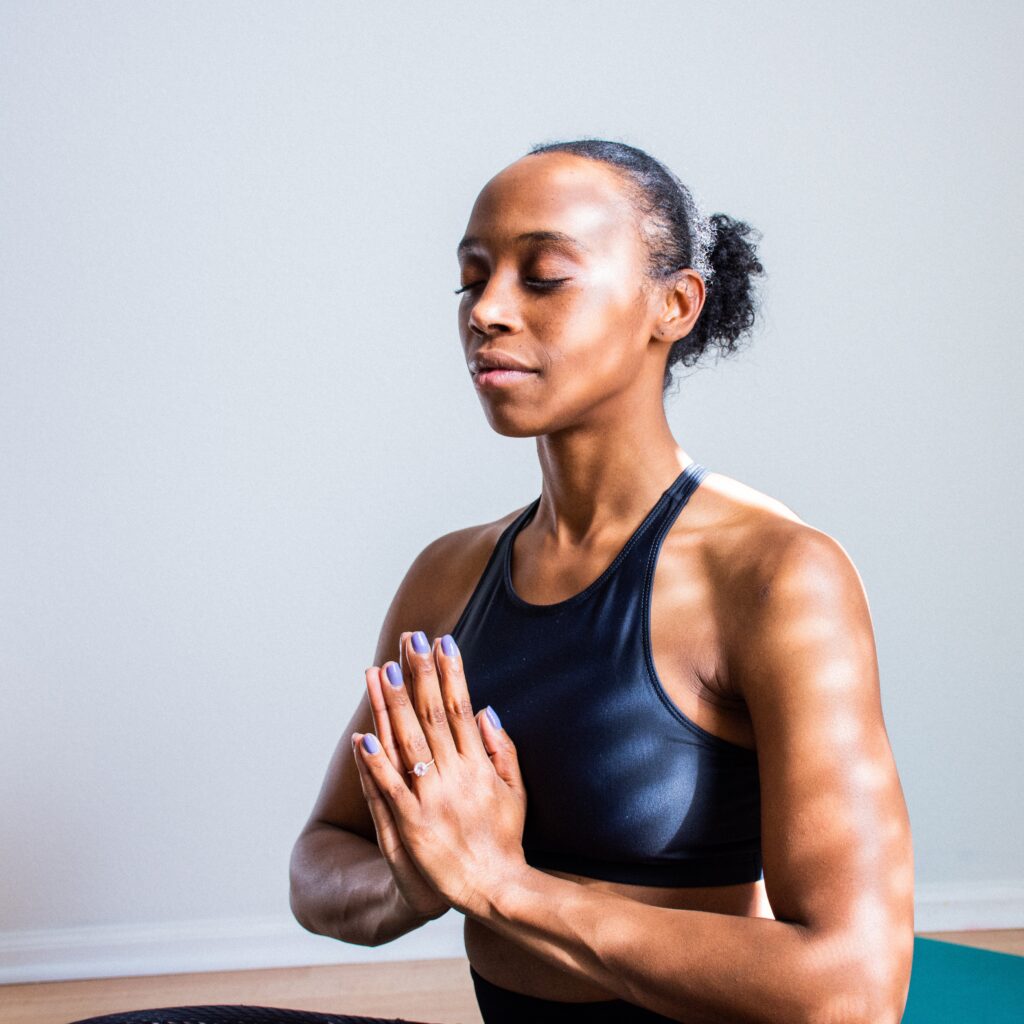Vascular motor symptom (VMS), is the scientific name for night sweats or menopausal sweating. If you’re perimenopausal or in the menopause stage of your life, you’ll know what this means to you.
You start to burn up for no apparent reason, it’s a real pain as it affects your sleep, work, social life and even your relationships. If like me you’ll wake up shattered before you’ve even done a day’s work.
You’ll go to bed feeling fine, but pretty soon you’re waking up burning hot like you’re in a sauna, you’re drenched in sweat, throwing the covers off and whipping off your night clothes. You may even be so drenched that you have to change your clothes and your sheets.


What Are Menopausal Night Sweats?
Night sweats are one of the most common, and one of the more unpleasant side effects of the menopause.
It is a vascular motor symptom (VMS), which creates a sudden, intense feelings of heat that happen when blood vessels expand, which increases blood flow, and then the blood vessels then contract.
You sweat, and your heartbeat may speed up. They can often feel similar to a panic attack and can last a few moments or longer.


Here’s some facets about Menopausal Night Sweats?
- Some Women Can Experience Night Sweats for More Than 10 Years
It has been reported that around 75 percent of menopausal women go through hot flashes and night sweats. However, they can also start years before your last menstrual period. The means that hot flashes and night sweats can last up to seven to nine years.
About one-third of women can experience night sweats for more than 10 years.
- Night Sweats and Hot Flashes May Not Be the Same Things
New research presented at the 2022 annual meeting at the North American Menopause Society, showed that night sweats caused a higher level of stress compared with hot flushes alone, whether during the day or night.
Also, women who had more hot flushes at night rather than during the day were at greater risk of suffering from depression. Night sweats also last much longer and produce much more sweating that hot flushes.
- Some Women Are More Susceptible to having Night Sweats
Research studies have indicated that night sweats tend to happen earlier and more intensely for Black women compared with white women.
There isn’t any conclusive evidence as yet to give a firm reason for this, but it may be sociocultural, and more difficult life circumstances such as financial stress and racism. That hasn’t been sorted out completely,” says Dr. Faubion. Another study, published in 2021 in Menopause, suggested that “same genetic variants that help to predict reproductive aging are associated with frequency and severity of hot flashes.”
On the other hand, women living in China, per one study, and in Japan, per other research, experience fewer and less intense hot flashes compared with women in the United States and Europe.
This is possibly due to their larger intake of soya in their diets or differences in their lifestyle.
- No One Knows the Exact Trigger for Menopausal Sweating
Night sweats are caused by declining oestrogen levels, but the actual mechanism isn’t fully known yet. It is like a faulty radiator thermostat in the brain’s hypothalamus, which is your temperature control centre.
The theory is when your ovaries stop producing estrogen, your follicle-stimulating hormone (FSH) increases, setting off brain neurons that control the body’s temperature. Whatever the reason or trigger, it results in menopausal sleep deprivation and can cause depression and can impact your lifestyle.
- Night Sweats Aren’t Always Caused by Menopause
There are many diseases that can also cause night sweats such as tuberculosis, diabetes, sleep apnea, lupus, some cancers and other medical conditions. Therefore, it’s important that if you have on going and severe night sweats to seek medical advice to help to establish if there are other reason for the severity of these night seats.
- Slow Breathing Can Help Ease the Frequency and Intensity of Episodes
Slowing down your breathing can help calm the mind and help to alleviate night sweats and hot flushes. Taking 6 to 8 deep breaths per minute for 15 minutes twice per day and deep breathing slowly during the onset of night sweats can be helpful for healthy peri- and postmenopausal women in decreasing both the number and severity of night sweat menopausal symptom.
- Not All Treatments for Night Sweats Are Hormonal
One of the most effective ways to deal with disruptive night sweats is hormone replacement therapy (HRT). However, not all of us wants to or can take HRT.
There are alternatives which can help to reduce the symptoms such as having a healthy diet with lots of cooling vegetables, doing regular exercise, and banishing ultra processed foods, can help to better manage these menopausal symptoms.
The menopause can be a trying time for many women. However, maintaining a healthy lifestyle can help to alleviate and manage the symptoms, and enable us to enjoy and thrive in the latter part of our life.

